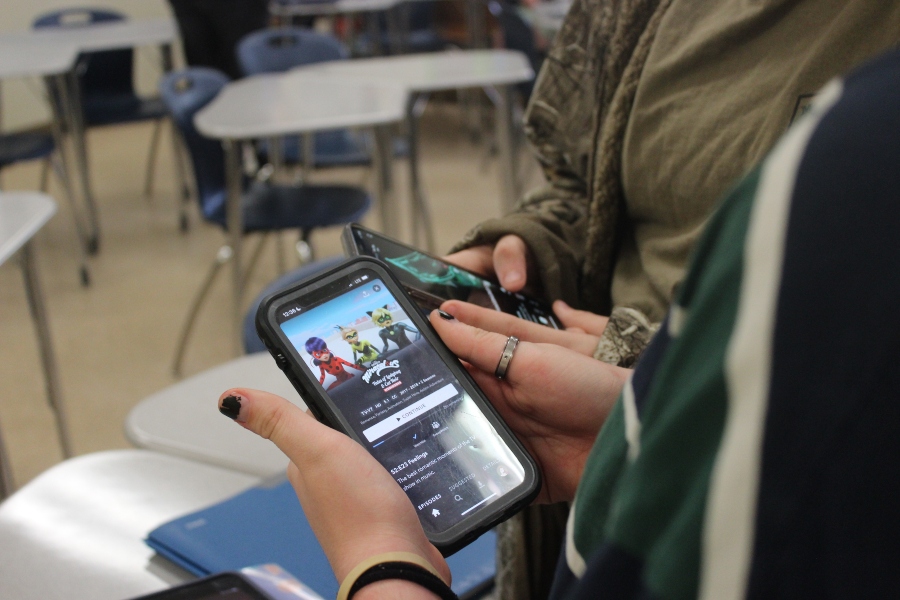Leave phone bans up to the teachers
What’s the best policy for addressing the reality of cell phones in schools?
January 6, 2023
It’s been a few years since Bellwood-Antis tightened its rules regarding cell phones, which has sparked a lot of controversy amongst students. Some believe that phones should be banned, and others think they shouldn’t be. So what’s the answer?
A recent study by the National Center for Education Statistics found that 77% of schools prohibited cell phones for non-academic use. However, the study was conducted during the 2019-2020 school year, before electronic devices were needed for educational purposes on a mass scale due to the COVID pandemic.
Some argue that students should be allowed to use their phones to help with education. However, BA already issues technology based devices such as iPads. But there’s one problem with these devices: censorship.
Since the iPads were issued in 2016, the school has censored certain aspects of the tech to help with education. For example, certain websites that are game related are banned so there’s less distractions for the students. Certain websites that may contain inappropriate articles or pictures are also banned for obvious reasons. And now there has been image some on certain websites so that inappropriate pictures can’t be looked at.
This censoring is one reason why some students and even teachers have used phones in education. The photos on websites like Wikipedia have been removed by the school to prevent students from seeing inappropriate pictures. Also when searching for photos on the internet, the image results are very limited so students doing projects requiring certain photos can’t access them.
However, the phone ban has brought mostly positive outcomes. Not allowing phones in classrooms has put less distractions in the hands of students. This makes students focus on what’s important rather than what’s going on in the virtual world. Banning phones also makes students interact and socialize with each other rather than be on their phones.
Phones provide a lot of stimulation to the brain in the form of dopamine. The stimulation provided by phones can be overwhelming to the brain causing a form of addiction to the phones. Restricting phone usage in class can cut down on this stimulation in the form of good dopamine like completing a math problem.
So what is the answer? I think we should leave it up to the teachers to decide. Some teachers may benefit from using phones in class to do research on school projects. Others may find the phones distracting and a nuisance in the classroom. Some kids who have study halls may have a lot of free time in class and could use a break from the stressful day at school.
Although this article won’t change the way schools think, it may give more insight into why they chose to restrict phones.
















